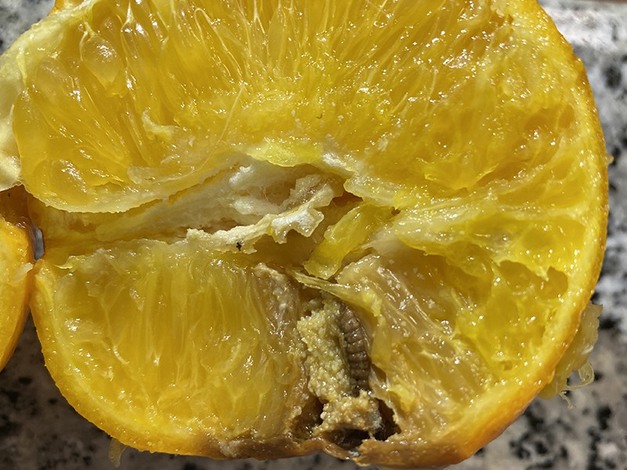The Valencian Association of Farmers (AVA-ASAJA) has stated that, in July, the EU detected -for the first time in this campaign- the false moth (Thaumatotibia leucotreta) in two citrus shipments from South Africa destined for the European market. These were intercepted in a shipment of oranges and in a shipment of grapefruit. According to the organization chaired by Cristobal Aguado, "these interceptions demonstrate that the measures established by the EU are insufficient for South Africa to stop importing this dangerous pest" and therefore demands that Brussels "harden" the cold treatment (the mechanism that prevents the entry of the false moth) on South African citrus fruit imports. "Exporters should rigorously comply with the cold treatment approved for orange shipments and this treatment should be extended to mandarins and grapefruits because they pose the same phytosanitary risk," they stated.

In addition to the two shipments with false moths, the Community authorities have found 12 cases of Phyllosticta citricarpa (the fungus that causes black spot), one of Xanthomonas citri (the bacteria that causes citrus cancer), and one of Elsinoë (the fungus that causes citrus scab). In the case of the black spot, South Africa already has 22 detections this year, compared to only one in 2022. Egypt, for its part, added a new interception of an orange shipment with black spot.
"It's evident that South Africa does not act with the seriousness and rigor that Europe needs to guarantee its plant health. The EU cannot continue to allow the commercial interests of a few to take precedence over the phytosanitary safety of all," AVA-ASAJA stressed.
The false moth has also been detected in rose imports from Kenya (2 interceptions in July), Ethiopia (1), and Zambia (1). In this sense, AVA-ASAJA requests an increase in controls on ornamental plants originating from any third country. Its entry and spread in the EU would cause an average loss of 26% of citrus production, but it would also devastatingly affect many other crops, including stone fruits, apple, pear, avocado, vineyard, olive, persimmon, pomegranate, pepper, tomato, eggplants, roses, and tree species such as oak.
For more information:
AVA-ASAJA
www.avaasaja.org
